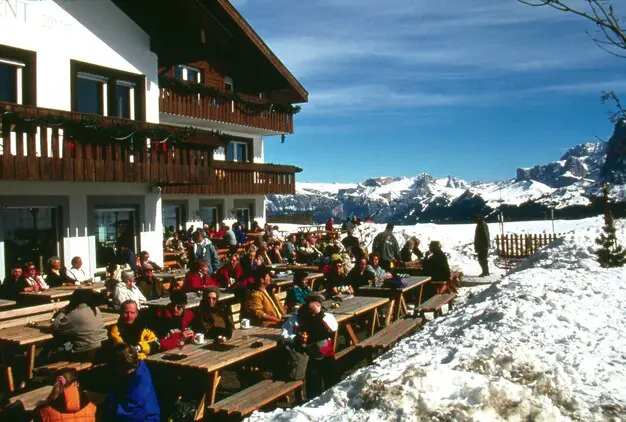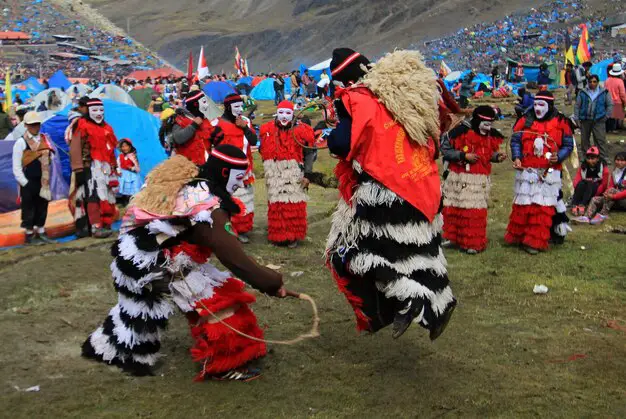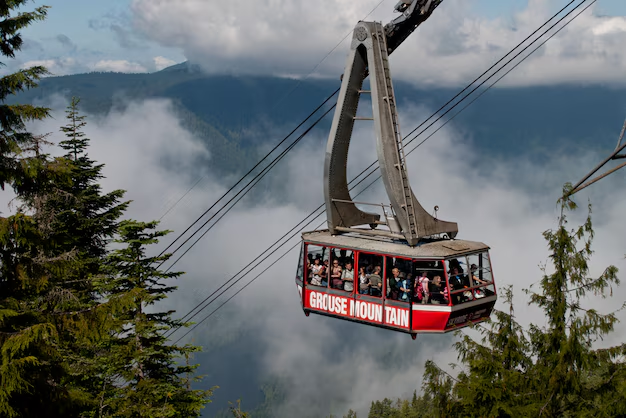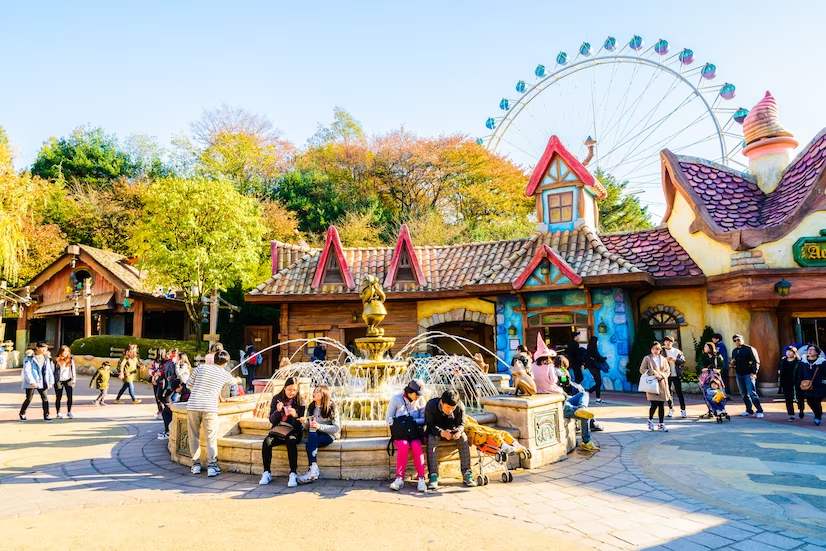- Business Travel
- April 2, 2025
- 1 Comment
- 59
“Thriving Local Businesses: How They Supercharge Tourism in the Enchanting Hill Station of Dalhousie”

Local Businesses– Dalhousie, a colonial-era hill station in Himachal Pradesh, is a destination known for its breathtaking landscapes, old-world charm, and a tranquil retreat away from bustling city life. Nestled in the lap of the Dhauladhar mountain range, this picturesque town has long been a favorite among tourists. While natural beauty plays a significant role in attracting visitors, the contribution of local businesses in enhancing the tourism experience cannot be overlooked.
From cozy homestays and handcrafted souvenirs to traditional Himachali cuisine and adventure tour operators, local businesses are the backbone of Dalhousie’s tourism industry. Their role in shaping the visitor experience, preserving cultural heritage, and sustaining the local economy makes them indispensable.
The Role of Local Businesses in Boosting Tourism
1. Hospitality Industry: The Heartbeat of Dalhousie’s Tourism
Hotels, guesthouses, and homestays form the core of Dalhousie’s tourism sector. While large resorts and high-end hotels attract luxury travelers, it is the local-run homestays and budget accommodations that offer visitors an authentic experience of the town’s culture and lifestyle. Many families open their homes to tourists, providing them with not just a place to stay but also an opportunity to experience local hospitality firsthand.

Homestays and boutique hotels in Dalhousie are often preferred by tourists seeking a more intimate and personalized travel experience. Unlike commercial hotels, these accommodations provide home-cooked meals, interactions with local hosts, and insights into the traditions and folklore of Himachal Pradesh.
2. Local Eateries: A Taste of Himachal
A trip to Dalhousie is incomplete without indulging in the region’s traditional cuisine. Local dhabas, cafes, and family-run restaurants serve authentic Himachali dishes such as Siddu, Chana Madra, Babru, and Dham. These local eateries not only cater to the taste buds of travelers but also contribute significantly to the town’s economy by sourcing ingredients from local farmers and suppliers.

In recent years, the rise of theme-based cafés and tea houses has further enriched the gastronomic experience for tourists. Whether it is sipping hot chai at a small tea stall overlooking the hills or relishing freshly made momos from a roadside vendor, these culinary experiences add to the charm of Dalhousie.
3. Handicrafts and Souvenir Shops: Keeping Tradition Alive
One of the highlights of visiting a hill station is bringing back souvenirs, and Dalhousie does not disappoint. The local handicraft industry plays a crucial role in preserving the region’s cultural heritage while also offering unique shopping experiences for visitors.

Shops selling Tibetan artifacts, woolen shawls, handmade jewelry, and wooden handicrafts contribute to the local economy by supporting artisans and craftsmen. Tourists are drawn to these items, which reflect the rich history and traditions of Himachal Pradesh. Furthermore, the presence of local markets and street vendors provides a vibrant shopping scene, making a visit to Dalhousie all the more memorable.
4. Adventure Tourism: Thrill-Seeking with Local Guides
Dalhousie is surrounded by scenic trekking routes, waterfalls, and lush forests, making it an ideal destination for adventure enthusiasts. Local businesses have capitalized on this by offering guided trekking, paragliding, river rafting, and camping experiences. These adventure tourism businesses provide employment to locals, including skilled guides, trainers, and porters, who ensure tourists have a safe and exhilarating experience.

By promoting eco-tourism and responsible travel, local adventure operators encourage sustainable tourism practices that benefit both visitors and the environment. Travelers are introduced to offbeat trails and lesser-known attractions, helping distribute tourism flow beyond the main hotspots and reducing the environmental impact of overcrowding.
5. Cultural Tourism: Showcasing Local Heritage
Beyond natural beauty, Dalhousie has a rich cultural history that can be explored through its colonial architecture, temples, and indigenous festivals. Local businesses have embraced cultural tourism by offering guided heritage walks, storytelling sessions, and curated local experiences that highlight the history and traditions of the region.

Traditional music and dance performances, workshops on handicrafts, and local festivals like Minjar Mela provide immersive experiences for tourists. These initiatives not only celebrate Dalhousie’s cultural roots but also generate income for folk artists, musicians, and craftsmen.
6. Transportation Services: The Unsung Heroes of Tourism
Tourists exploring Dalhousie often rely on local transportation services, including taxi operators, cycle rentals, and pony rides. Local cab drivers double up as informal guides, sharing fascinating stories about the town, hidden viewpoints, and lesser-known spots. Without these services, reaching remote attractions like Khajjiar, Dainkund Peak, and Chamera Lake would be challenging for travelers.

To improve accessibility, local transport providers are now integrating digital booking platforms, making it easier for tourists to pre-book their rides. This small but significant shift towards modernization benefits both business owners and visitors alike.
Challenges Faced by Local Businesses
Despite their crucial role in boosting tourism, local businesses in Dalhousie face several challenges:
- Seasonal Dependency: The town witnesses a surge in tourists during peak seasons but struggles with low footfall during monsoons and winters.
- Infrastructure Issues: Poor road conditions, inconsistent electricity supply, and inadequate waste management affect the overall tourism experience.
- Competition from Larger Chains: The rise of multinational hotel chains and franchise outlets has made it difficult for small businesses to compete.
- Lack of Digital Presence: Many local businesses lack online visibility, making it hard to attract a global audience.
The Road Ahead: Strengthening Local Businesses for Sustainable Tourism
To ensure that local businesses continue to thrive and contribute to Dalhousie’s tourism industry, certain steps must be taken:
- Government Support: Policies that provide financial aid, tax benefits, and infrastructure development can help sustain local businesses.
- Digital Transformation: Encouraging local businesses to adopt online marketing, social media, and e-commerce platforms can increase their reach.
- Sustainable Tourism Practices: Eco-friendly tourism initiatives, such as banning plastic and promoting responsible travel, can enhance Dalhousie’s appeal.
- Skill Development Programs: Training workshops for hoteliers, artisans, and tour guides can improve service quality and attract more visitors.
- Community Engagement: Collaborative efforts between local businesses, tourism boards, and environmental organizations can create a well-rounded travel experience.
Conclusion: A Symbiotic Relationship
Local businesses are the lifeline of Dalhousie’s tourism industry. From offering warm hospitality to showcasing the region’s cultural heritage, they create experiences that leave a lasting impact on visitors. However, their survival depends on collective efforts from stakeholders, including government bodies, travelers, and the business community itself.
For tourists, supporting local businesses means not just taking home souvenirs but also contributing to the preservation of Dalhousie’s charm and livelihood of its people. As Dalhousie moves forward, the collaboration between tourism and local enterprises will determine the town’s future as a beloved hill station. By embracing sustainable practices and modern advancements, Dalhousie can continue to be a thriving destination where tradition and tourism go hand in hand.





1 Comments
Its like you read my mind! You seem to know a lot about this, like you wrote the book in it or something. I think that you can do with a few pics to drive the message home a bit, but instead of that, this is fantastic blog. An excellent read. I will certainly be back.